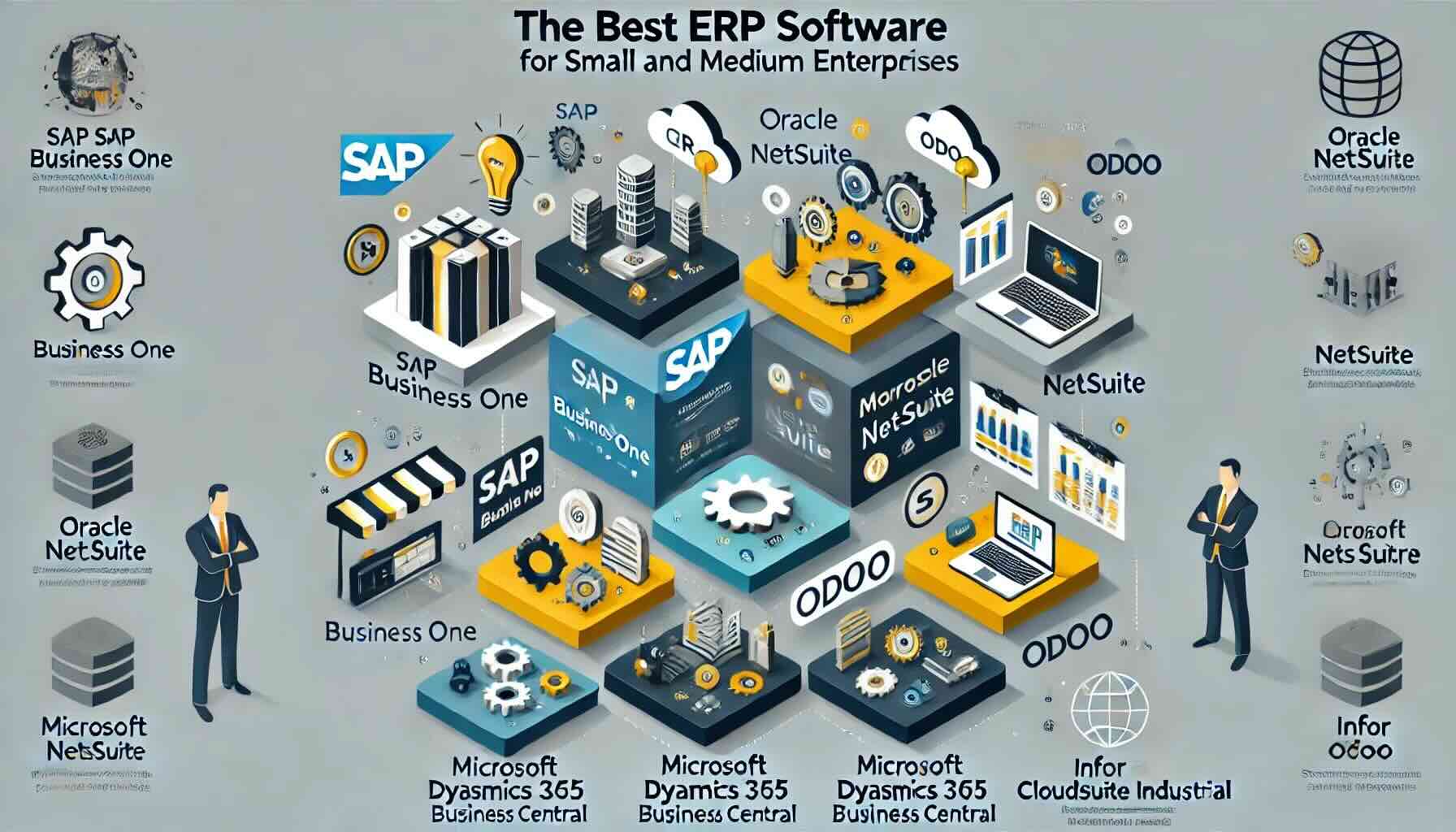Is IFS a Good ERP for Automotive Businesses?

In the highly competitive automotive industry, efficient management of operations, supply chains, and customer relations is crucial for success. Enterprise Resource Planning (ERP) systems play a vital role in integrating various business processes, enhancing operational efficiency, and improving decision-making. One such ERP solution is IFS. But is IFS a good ERP for automotive businesses? This blog will explore the strengths and weaknesses of IFS, helping you determine if it is the right fit for your automotive operations.
Strengths of IFS for Automotive
- Comprehensive FunctionalityIFS offers a wide range of modules specifically designed for the automotive industry. These include modules for production planning, supply chain management, inventory control, customer relationship management (CRM), and financial management. This comprehensive functionality ensures that all aspects of the business are integrated and streamlined, from procurement to production to distribution.
- Real-Time Data and AnalyticsOne of the standout features of IFS is its real-time data and analytics capabilities. The system provides real-time visibility into production processes, inventory levels, and supply chain activities. This real-time monitoring allows automotive manufacturers to make data-driven decisions quickly, enhancing operational efficiency and reducing downtime.
- Scalability and FlexibilityIFS is designed to be highly scalable, making it suitable for automotive businesses of all sizes, from small suppliers to large manufacturers. The platform’s flexibility also allows for customization to meet specific business requirements, ensuring a tailored fit for your operations. As your business grows, IFS can scale to accommodate increased data volumes and user numbers.
- Advanced Manufacturing CapabilitiesIFS includes advanced manufacturing capabilities that are essential for the automotive industry. These capabilities encompass lean manufacturing, just-in-time (JIT) production, and quality management. By adopting these methodologies, automotive companies can reduce waste, improve production efficiency, and ensure high-quality output.
- Regulatory ComplianceThe automotive industry is subject to stringent regulatory requirements related to safety, environmental impact, and quality standards. IFS includes robust compliance management tools that help ensure adherence to these regulations. This includes features for tracking materials, managing certifications, and maintaining detailed records for audits.
Weaknesses of IFS for Automotive
- High Implementation CostsOne of the primary drawbacks of IFS is its high implementation cost. The initial setup, customization, and integration fees can be significant, which may be a barrier for smaller automotive businesses with limited budgets. Ongoing maintenance and support costs can also add up over time.
- Complex Implementation ProcessImplementing IFS can be complex and time-consuming, particularly for larger automotive enterprises with extensive existing systems. The transition to a new ERP system requires careful planning, significant resources, and potentially, the assistance of external consultants. This complexity can delay the realization of benefits.
- Customization ChallengesWhile IFS offers extensive customization options, these can require additional time and financial investment. Businesses with specific and complex needs might incur higher costs to tailor the system to their exact requirements. Custom development and integration with other systems can also be resource-intensive.
- User Training RequirementsDue to its comprehensive features and capabilities, IFS has a steep learning curve. Extensive user training is necessary to ensure that employees can utilize the system effectively. This training can be time-consuming and may require additional resources, which can be challenging for smaller businesses.
Conclusion
IFS offers a range of powerful tools that can significantly benefit automotive businesses. Its strengths in comprehensive functionality, real-time data and analytics, scalability, advanced manufacturing capabilities, and regulatory compliance make it an attractive option for many firms in this sector. However, the system also presents challenges, such as high implementation costs, complex implementation processes, customization challenges, and user training requirements. Automotive businesses must weigh these factors carefully against their specific needs and resources.
Ultimately, whether IFS is the right choice for an automotive business depends on its size, budget, and operational requirements. By thoroughly evaluating these aspects and considering potential challenges, automotive businesses can make an informed decision that aligns with their strategic goals and enhances their operational efficiency. Click this link to find out more about IFS.
To compare IFS with 100s of other ERP solutions, you can use our new AI-powered Compare ERP tool. It’s free to use and you get a guaranteed discount on your first year’s licence fees with a referral from Compare ERP.









